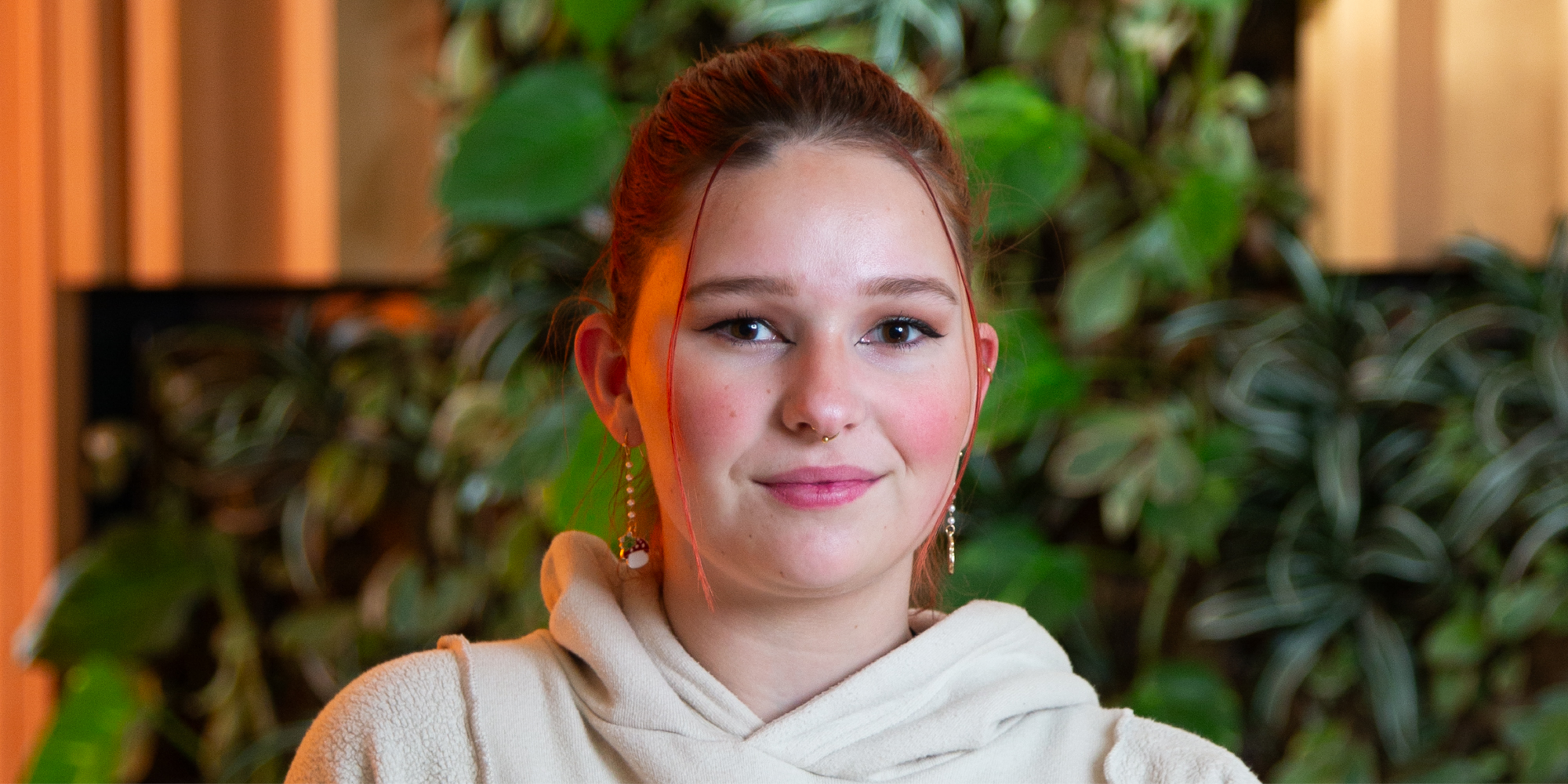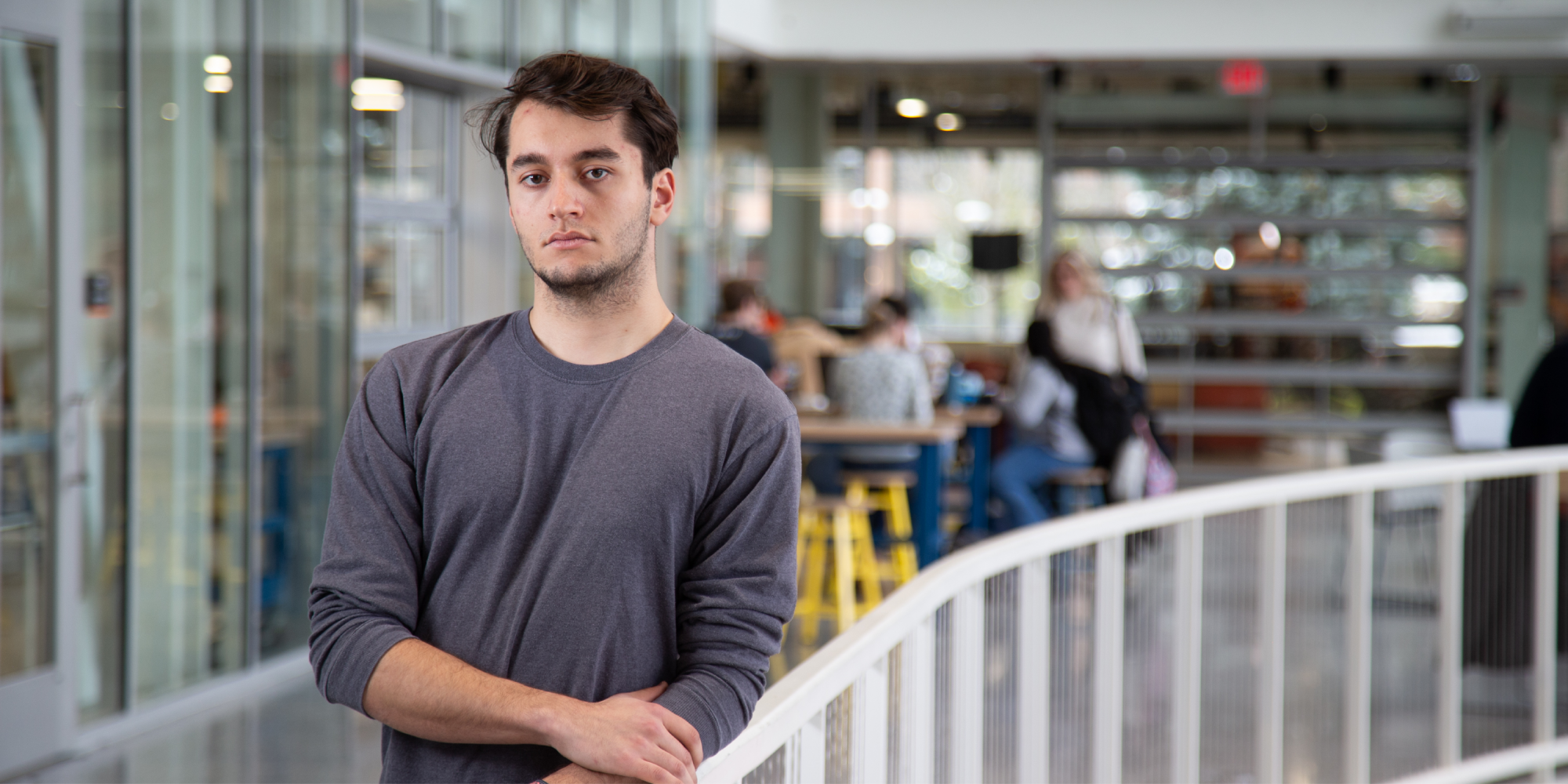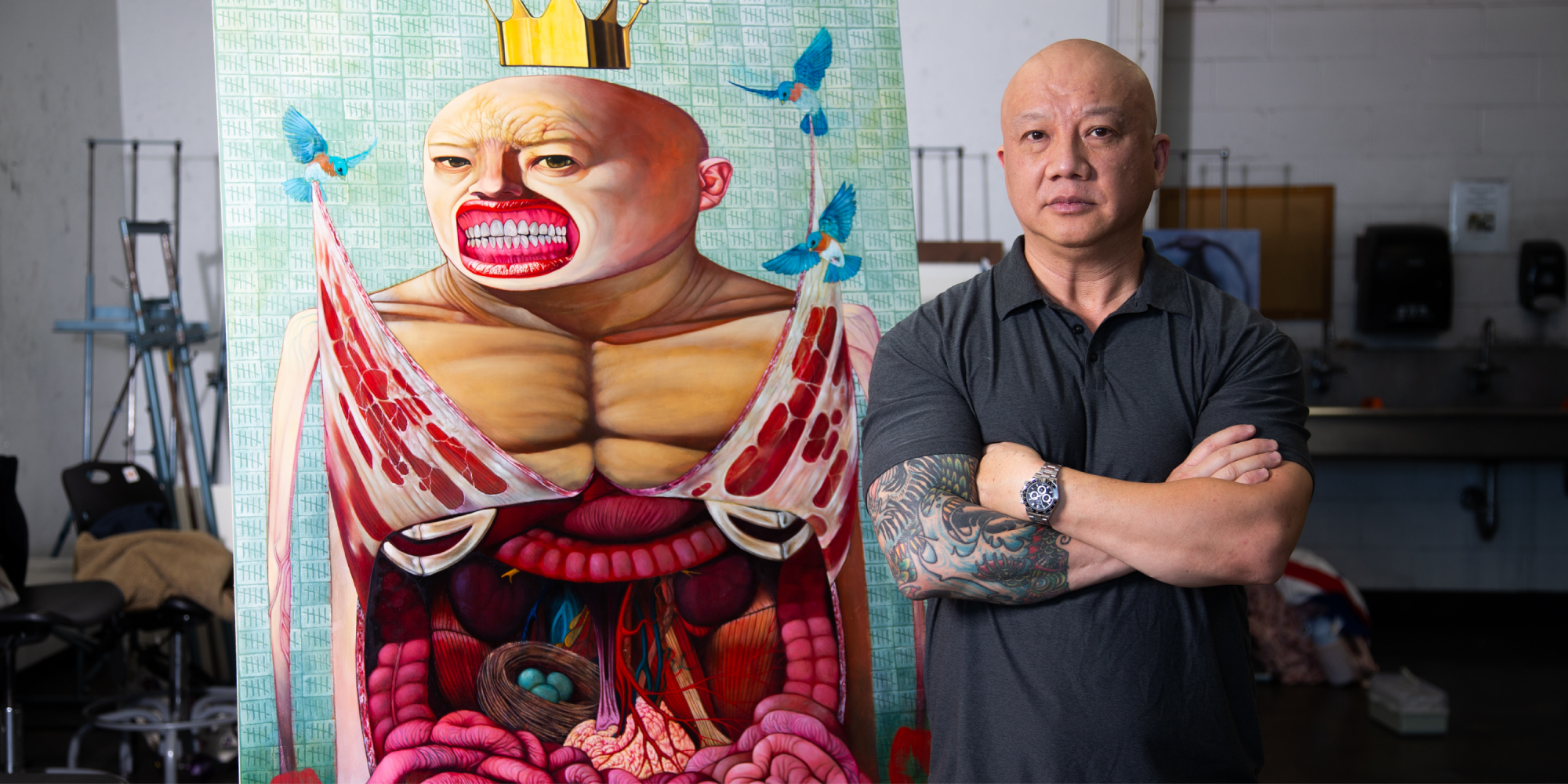Pressure, anxiety and depression are symptoms that many encounter in academia, but these struggles can lead to the discovery of coping mechanisms tailored to professional interests. Some find solace in the comfort of routine or turn to art as an expressive outlet, while others seek refuge in literature or meditative activities. These hobbies serve as personalized tools, grounding those who employ them.
Engaging in these activities is not merely a pastime but also an approach to fostering stability. Whether a person is writing, reading, painting or finding an alternative pursuit for relief, these acts offer relaxation and reduce stress. Having a hobby that provides self-reliance and consistency is essential for mental health.
Prose for Peace
For some, turning to writing as a sanctuary for self-expression may prove beneficial. Journaling may provide a space where these individuals can articulate their thoughts and emotions. This is true for Lindsay Dobson, a fourth year Fine Art Photography major who found words as an outlet that suited her needs. Though Dobson tried to use photography and art to cope with hardships, she found that journaling allowed her to express herself in the most unfiltered way.
“Writing has always been my safe space,” Dobson said.
With the non-verbal nature of writing, she finds comfort in knowing that she does not need to share the depth of her emotions with others if she does not want to.
For Dobson, however, writing is not only an expressive outlet but a creative hobby as well. Dobson characterizes her creative work as evocative and descriptive, while her journaling is more free-flowing.
“There is no right or wrong way to do any of it,” Dobson said. "If it feels right to you and it’s the way you can express yourself, then go for it.”
“If it feels right to you and it’s the way you can express yourself, then go for it.”
An outlet like journaling allows for completely unfiltered expression and emotional catharsis. It does not only have to be used during trying times, as journaling thoughts — whether they are good or bad — at any time can be emotionally healthy. Dobson’s relationship with creativity and personal healing reflects the therapeutic empowerment of journaling during both hardship and day-to-day life.
Pages & Pixels
But writing may not be tailored to everyone. Troy Church, a fourth year Imaging Science major, turned to journaling when he felt the need to purge his mind. However, that is not Church’s preferred method of coping. He typically seeks solace in literature and video games, prioritizing leisure and social support over routine cleansing.
“I think it for the most part allows me to take my mind off [grief] and process it on the back end,” said Church.
Though these hobbies support temporary escapism, his reason for turning to them is less about avoiding problems and more about relaxing to reach a calmer emotional state. With its personal and introspective disposition, reading offers moments of quiet reflection. Church finds comfort in genres such as nonfiction and biographies about people and topics he knows well. Additionally, video games provide a communal experience that he shares with his friends.
This dual strategy of engaging in personal and community-oriented activities showcases the versatility of hobbies as coping mechanisms and underscores the importance of familiarity and comfort during distressing times. Church’s examples of activities echo the importance of self-compassion in pursuing stability.
Sketching Solace
For visually oriented people, pen and paper may become a better haven for self-expression. Mandy Fletcher, a second year Film and Animation student studying 2D animation, turns toward drawing when depicting the complexities of her emotions, as this resonates with her more than other mediums.
“My best advice would just be not to get carried away or swept up in those emotions and let them control you,” Fletcher said.
Compared to her traditional art style, characterized by round shapes, pastels, feel-good vibes and attention to detail, Fletcher’s “vent art” typically consists of vibrant colors, angry reds and simplistic shapes. This difference in style allows her to channel rawness more effectively to get her emotions on paper.
“You are using the medium as an outlet, not dwelling in the feeling,” Fletcher said.
Those who use their hobby to decompress tend to become self-critical or expect perfection from their work. However, Fletcher emphasized prioritizing the outlet itself and composing one’s emotions instead of focusing on the product made during a period of grief.
Though perfectionism should not be prioritized with creative outlets, Clifford Wun, an anatomical illustration, zoological illustration and drawing professor for the College of Art and Design (CAD), offers an additional perspective: work made during dark times can be used as reference points.
After graduating college, Wun felt empty and decided to attend graduate school to pursue painting. He spent weeks in a cycle of self-centered depression, unbeknownst to himself. During this time, his artwork unintentionally reflected his mental health.
“I didn’t think about it so directly,” Wun said. "It was a coping mechanism, but I don’t know how it started; it was just that I needed to do something.”
“It was a coping mechanism, but I don’t know how it started; it was just that I needed to do something.”
Wun’s artistic journey began as an escape from a tumultuous upbringing marked by violence, bullying and racism. His artworks, which were rich in symbolism and expressionism, depicted his sadness and struggles as a minority in society. As time passed, Wun revisited old works made during that period of his life, and they inspired him. They served as a foundation for not only his artistic evolution but also his maturity.
Today, he desires to create paintings that foster connections between the maker and the audience. Wun’s commitment to talking about his feelings, even as they change with growth, reinforces the idea that artistic expression can be used as a coping mechanism and a lifelong dialogue with oneself and others.
“Art is one of those things for me — it’s my way of expressing myself,” Wun said. "Music would do that, writing would do that. There are so many other ways, but even just connecting with people does that.”
Whether through the written word, the digital realm, the visual arts or any other hobby, creative expression and grounding leisure are uniquely empowering to those utilizing them. These outlets are not a substitute for therapy. Yet, they strengthen those who are struggling with self-reliant strategies and supplement independence through artistic mediums, an important skill to learn in order to navigate life’s challenges.










